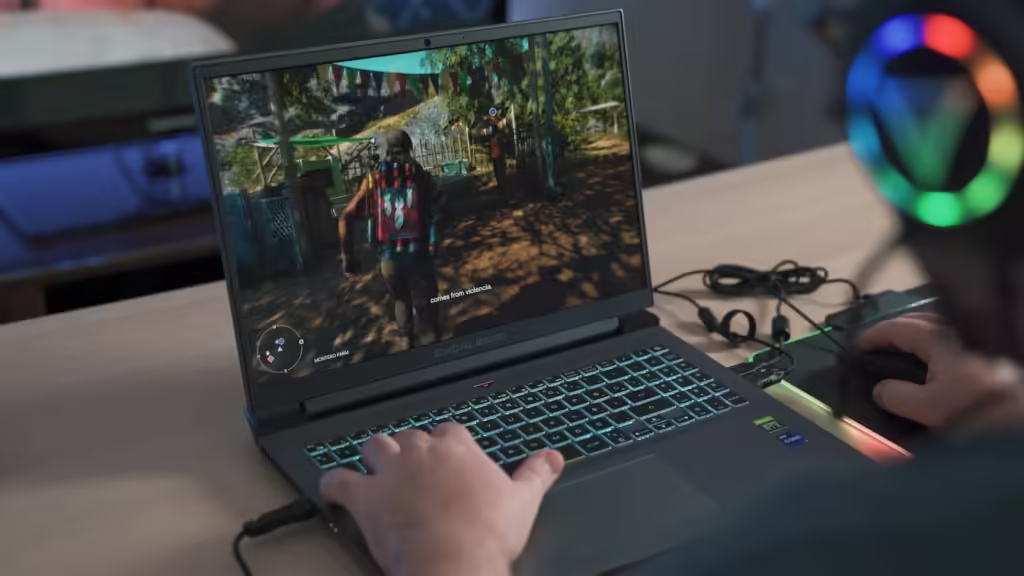Sometimes you log into an old favourite game and bask in the simplicity of early online gaming community. Other times, you log into something new and it feels like you’re stepping into the future. Technology has come on incredibly quickly in the last few years and, never one to rest on its laurels, the gaming industry has grabbed it all. Let’s take a look at some of the online gaming sectors and how tech has reshaped them.
Poker
Poker trainers like GTO+ have made it easier than ever to succeed in mixed games. In major tournaments, they’re becoming more popular, which means there’s even more incentive to up your game. If you’re looking to try out another variant, or two, then a poker trainer can be a worthwhile option. These tools can help you to simulate various hand scenarios and offer real-time analysis. This allows you to refine your own strategy and adapt to different play styles using Game Theory Optimal strategies (that’s what GTO+ stands for).
AI has also had a hand in reshaping the poker landscape, particularly with training platforms like PokerSnowie and PioSolver. Both of these platforms help you to learn by evaluating hands from a mathematical perspective. PokerSnowie, for example, uses neural networks to suggest adjustments based on past mistakes. These platforms are so effective that it’s been estimated that 40% of serious online poker players now use some form of training software or solver to stay competitive.
Strategy Games
Strategy games like Civilization and StarCraft II have seen AI start to take a crucial role in their evolution. Developers are using AI to create non-player characters (NPCs) that learn from player behaviour. This means each encounter is unique and challenging, so it’s harder to know what the NPC will do. Total War: Warhammer III is a great example of adaptive AI at play. It really works, switching up strategy in ways to confound you, making the battles even trickier. Combine this with how machine learning is also improving pathfinding and you’re in trouble. AI units can now navigate complex maps much more realistically ensuring that even seasoned players find something new each time they play.
Augmented Reality (AR) in Mobile Gaming
Augmented reality has brought a unique twist to mobile gaming, blending the virtual world with the real one. Games like Pokémon Go and The Witcher: Monster Slayer use AR technology to overlay game elements onto real-world environments. In fact, when Pokemon Go was first released, it was truly revolutionary! It enabled you to turn everyday surroundings into interactive gaming spaces. This creates a super immersive experience where you can interact with the physical world in totally new ways. AR’s ability to seamlessly integrate the digital with the real world opens up endless possibilities for game design, encouraging exploration and engagement beyond traditional gaming screens. As AR technology evolves, we can expect even more creative applications in mobile gaming.
MMORPGs

If you’re into massively multiplayer online gaming community role-playing games (MMORPGs) then you’ll probably have noticed that, lately, they’ve kicked things up a gear. With VR, cloud gaming, and 5G networks, these titles can now offer a much more immersive experience. Services like NVIDIA GeForce Now allow you to play high-end MMORPGs on a basic laptop or even a tablet. It’s no longer necessary to fork out for that powerful gaming rig.
VR is also making its mark, offering players the chance to explore their favorite worlds like World of Warcraft in 3D. The MMORPG market is expected to grow from USD 23.35 billion in 2023 to USD 38.47 billion by 2028, driven by these tech advances. With lower latency through 5G, those massive online gaming community battles now feel even more real.
Esports
It’s no secret that esports is now a billion dollar industry; there’s a global audience of more than 600 million of us. And tech has played no small part in this. A lot of the success is thanks to live streaming platforms like Twitch and YouTube. These titans have embraced ultra-low latency technology, letting us tune in to tournaments with almost no delay. This real-time interaction makes events feel just as intense as watching a live sports game.







